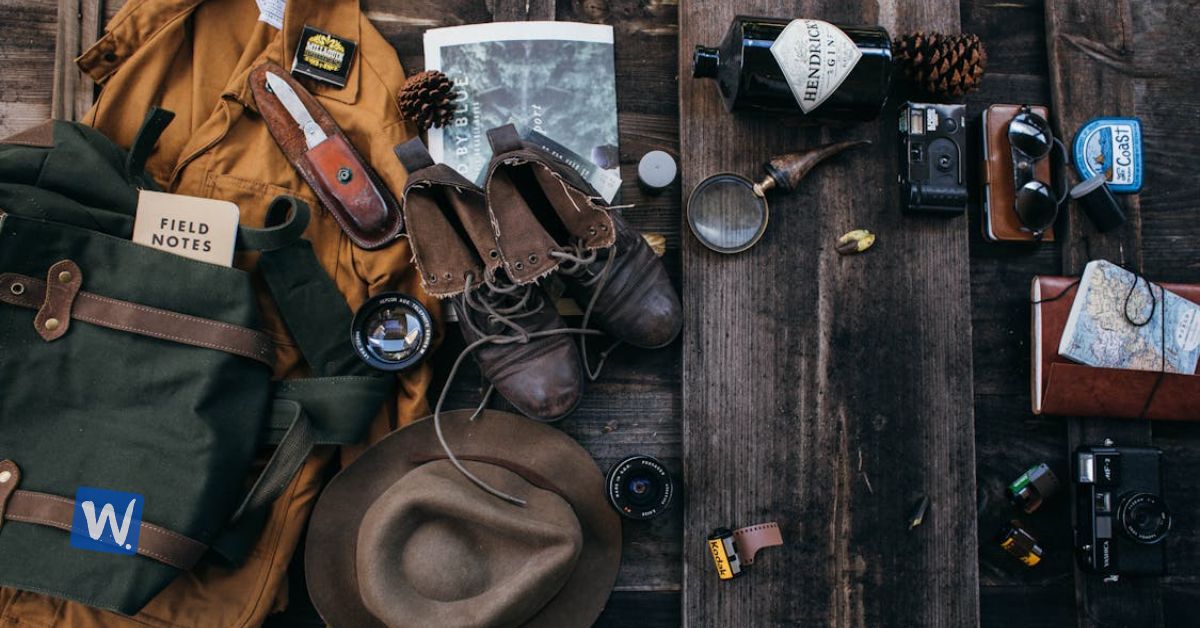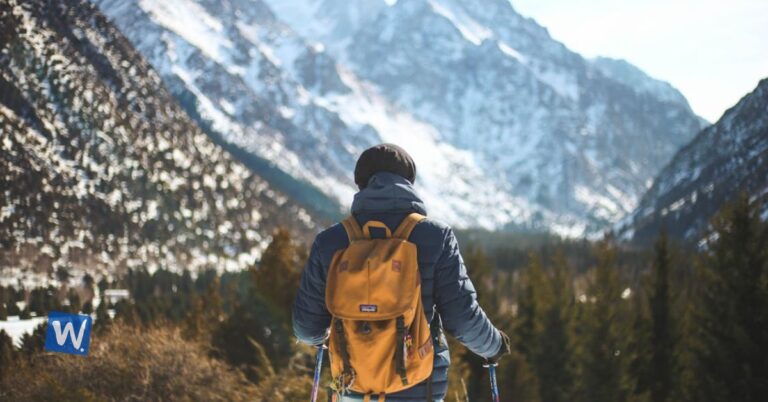Are you considering your first hike? Hiking can be an incredibly rewarding experience, but it’s essential to be prepared, especially when you’re just starting. Whether you’re venturing into the wilderness for the first time or simply looking to sharpen your skills, this guide will walk you through everything you need to know to make your first hiking experience enjoyable and safe.
Why Hiking is Great for Beginners
Hiking is a fantastic outdoor activity that anyone can enjoy. It offers numerous benefits, whether you’re seeking physical fitness, mental clarity, or a chance to connect with nature. Hiking improves cardiovascular health, strengthens muscles, and provides stress relief. It’s a low-impact activity that can be enjoyed by all ages and fitness levels. Plus, it’s a perfect way to unplug and enjoy the world around you.
Preparing for Your First Hike
Before you hit the trail, there are a few things you’ll need to consider to ensure a smooth and enjoyable experience.
Choosing the Right Trail
The first step is selecting a trail that’s suitable for beginners. Look for easy-to-moderate trails that don’t involve steep ascents or rugged terrain. A short trail with minimal elevation is perfect for your first hike. Websites, apps, or local parks often provide difficulty ratings and descriptions of trails, so you can find one that aligns with your experience level.
How to Pack for a Hike
Packing for a hike may seem simple, but it’s important to strike a balance between carrying everything you need and not overpacking. The essentials include:
- Water: Staying hydrated is crucial, so pack enough water. A good rule of thumb is about one liter per hour of hiking.
- Snacks: Bring lightweight, energy-boosting snacks such as granola bars, trail mix, or fruit.
- First Aid Kit: Always carry a small first aid kit with essentials like bandages, antiseptic wipes, and blister treatment.
Understanding the Weather
Check the weather forecast before heading out. This will help you dress appropriately and ensure you’re prepared for any unexpected weather changes. If the forecast calls for rain or storms, consider postponing your hike or packing a rain jacket.
Essential Hiking Gear

Investing in the right hiking gear can make your experience much more enjoyable. While you don’t need expensive equipment, there are a few key items that are essential for beginners.
Footwear and Clothing
Good footwear is essential when hiking. Hiking boots or shoes should provide proper ankle support and be comfortable for walking on uneven terrain. Wear moisture-wicking clothes to keep sweat away from your skin and regulate your body temperature. Layering your clothing is also a smart way to adapt to changing conditions.
Hydration and Food
As mentioned, hydration is key. Consider carrying a hydration system like a Camelbak or water bottles in your backpack. For snacks, bring items that are easy to carry and provide long-lasting energy, such as nuts, trail mix, or protein bars.
Safety Essentials
Safety should always be a top priority. Carry a small first aid kit, a flashlight, and a whistle. Make sure to bring a map or download a trail map app on your phone. Knowing your surroundings and how to navigate is crucial.
Hiking Techniques for Beginners
Now that you’re equipped with the right gear, it’s time to think about hiking techniques that will help you stay safe and comfortable on the trail.
How to Pace Yourself
Start slow and maintain a steady pace. It’s easy to get excited, but pacing yourself will help you conserve energy for the entire hike. Take regular breaks to rest and hydrate. Listen to your body—if you feel tired or dizzy, it’s okay to stop and take a break.
Understanding Terrain
Trails can vary greatly in terms of terrain. You may encounter rocky paths, slippery sections, or muddy trails. Be mindful of where you step and take your time on more difficult terrain. If the trail is particularly challenging, consider taking smaller steps and using hiking poles for extra support.
Common Mistakes to Avoid
Even seasoned hikers make mistakes. Here are a few common ones that beginners should avoid.
Overpacking
It’s tempting to pack everything you might need, but remember that a heavy backpack will only slow you down. Stick to the essentials—water, food, a first aid kit, and a map. Avoid packing extra clothing or unnecessary gear.
Ignoring Safety Precautions
Never hike alone without informing someone of your plans. Always carry a whistle and flashlight, especially if hiking in remote areas. Let others know your route and expected return time. Safety is paramount, and taking a few extra precautions can make all the difference.
Conclusion
Hiking is a rewarding and enjoyable activity for beginners, offering the chance to experience the great outdoors while staying fit and healthy. By choosing the right trail, packing light, and following safety guidelines, you’ll set yourself up for success. Remember, the journey is just as important as the destination, so take your time and enjoy the beautiful world around you.
FAQs
1. What should I wear for my first hike?
Wear comfortable clothes made from moisture-wicking fabrics, sturdy hiking boots, and bring layers to adjust for temperature changes.
2. How much water should I carry on a hike?
It’s important to stay hydrated, so bring about one liter of water per hour of hiking.
3. How do I know if a trail is suitable for beginners?
Look for trails that are marked as easy, with minimal elevation gain and short distances.
4. Can I hike if I’ve never done it before?
Yes, just start with shorter, easier trails and build up your endurance.
5. What should I do if I get lost on a hike?
Stay calm, stay where you are, and use a map and compass to find your way back or call for help if necessary.








